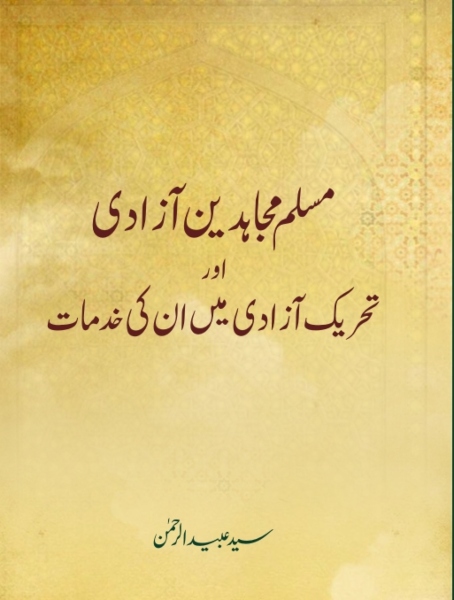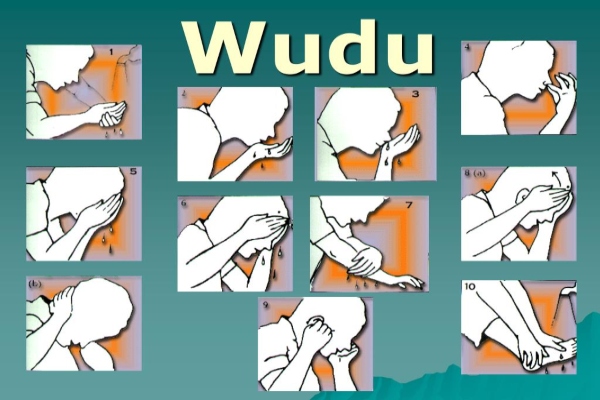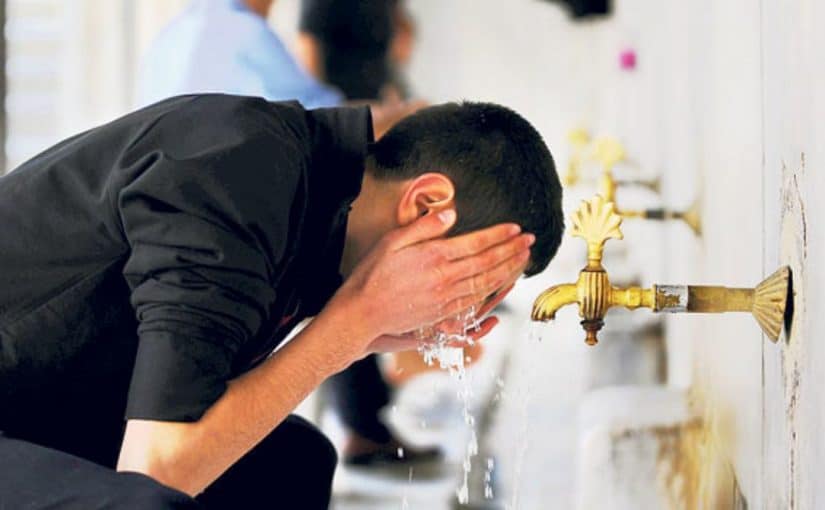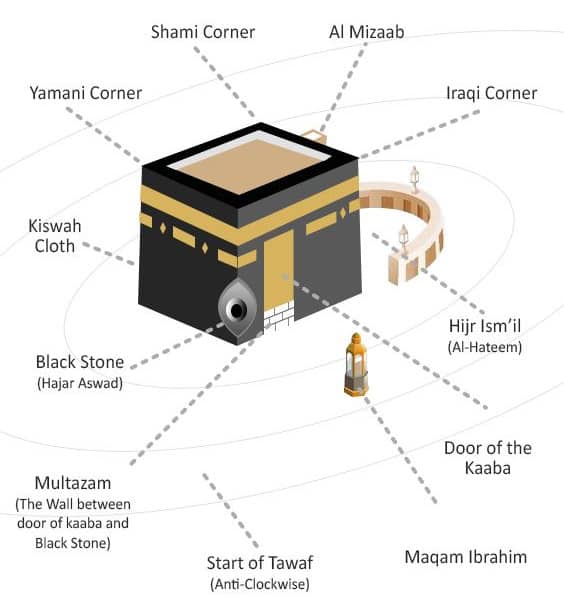Top Books about Independence of India: In this content, you will read a list of books that are written by some Urdu writers on the topic of the Independence of India from British rulers. In these books, the writers prove how the Muslims gave sacrifices to free India from the foreign rulers. We have given the original names of books and their writers’ names below.

Top Books about Independence of India
-
- Azadi se Jumhooriyat Tak
- Tahreek e Azadi me Muslim Ulama aur Awam Ka Kirdar
- Tareekh e Jang e Azadi e Hind 1857,
- Hazrat Thanvi aur Tahreek e Azadi
- Tareekh e Tahreek e Azadi e Hind
- Tahreek e Azadi
- Buzurgan e Deoband aur Siyasi Khidmat
- Hind ki Jang e Azadi me Musalmano ka Hissa
- Tahreek e Azadi me Ulama ka Kirdar
- Tahreek e Shaikh Ul Hind
- Tahreek e Reshmi Roomal,
- Tahreek e Reshmi Roomal- Mukhtasar Taaruf
- Reshmi Roomal Tahreek aur Shaikhul Hind
- Shah Waliyullah Aur Unki Siyasi Tahreek
- Tahreek e Azadi e Fikr aur Shah Waliyullah Ki Tajdeedi Masayi,
- Hindustan ki Jang e Azadi aur Ulama e Ludhiyana
- Hind ki Pahli Islami Tahreek
- Maidan e Shamli wa Thana Bhuwan aur Sarfaroshan e Islam
- Tahreek e Azadi aur Islah e Awam men Adab e Islami ka Hissa
- Azadi ki Nazmen
- Khutbat e Azadi e Watan
- Azadi e Hind men Musalmano ka Kirdar
- Safarnama Aseer e Malta
- Hamen Bartanwi Samraj ne Kese Loota

Top Books about Independence of India
آزادی سے جمہوریت تک /ندیم الواجدی
- تحریک آزادی میں مسلم علماء اور عوام کا کردار /مفتی سلمان منصور پوری
- تاریخ جنگ آزادی ہند 1857 /سید خورشید مصطفی رضوی
- حضرت تھانوی اور تحریک آزادی /پروفیسر احمد سعید
- تاریخ تحریک آزادئ ہند /تارا چند
- تحریک آزادی /آزاد
- بزرگان دارالعلوم دیوبند اور سیاسی خدمات
- ہند کی جنگ آزادی میں مسلمانوں کا حصہ/ ڈاکٹر مظفرالدین فاروقی
- تحریک آزادی میں علماء کا کردار /فیصل ندوی
- تحریک شیخ الہند /سید محمد میاں
- تحریک ریشمی رومال نمبر/الجمعیۃ
- تحریک ریشمی رومال ایک مختصر تعارف /مفتی سلمان منصورپوری
- ریشمی رومال تحریک اور شیخ الہند
- شاہ ولی اللہ اور ان کی سیاسی تحریک /عبیداللہ سندھی
- تحریک آزادی فکر اور شاہ ولی اللہ کی تجدیدی مساعی /اسماعیل سلفی
- ہندوستان کی جنگ آزادی اور علماء لدھیانہ
- ہند کی پہلی اسلامی تحریک /مسعود عالم ندوی
- میدان شاملی و تھانہ بھون اور سرفروشان اسلام
- تحریک آزادی اور اصلاح عوام میں ادب اسلامی کا حصہ /ابوالحسن ندوی
- آزادی کی نظمیں /سبط حسن
- خطبات آزادی وطن /ابراہیم گجراتی (2)
- آزادی ہند میں مسلمانوں کا کردار /یونس قاسمی
- سفرنامہ اسیر مالٹا /مولانا حسین احمد مدنی
- ہمیں برطانوی سامراج نے کیسے لوٹا /مولانا حسین احمد مدنی
Conclusion:
That’s all about in this article, we will add these books’ links so that you can read these books online.
Related Tags: Top Books about Independence of India




